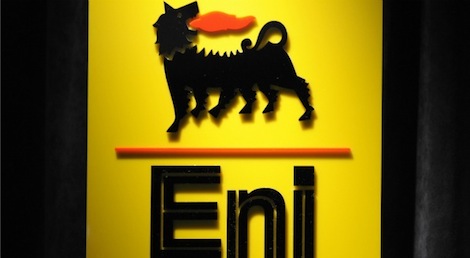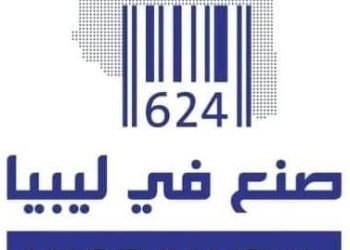
Tripoli, 17 December:
ENI, the largest foreign oil company operating in Libya, has announced $8 billion of new investments here in the coming decade.
ENI said that during yesterday’s meeting between Paolo Scaroni, ENI’s chief executive officer, Libyan Prime Minister Ali Zeidan and the Libyan Minister of Petroleum Abdelbari al Arusi in Tripoli: “Scaroni presented an investment plan worth $8 billion for the development of ongoing production and new exploration activities over the next 10 years.”
The global oil giant also said that Zeidan, Scaroni and al Arusi discussed a multi-million Memorandum of Understanding (MoU) for social sustainability.
Worth some worth $400 million, the MoU should be finalised in the next few weeks so it can be signed during Zeidan’s planned visit to Rome in January. Further details of this MoU have not yet been released.
ENI is, however, clearly intent on ramping up its Libyan operations. Only two weeks ago, it announced that it had resumed exploration drilling activities in Sirte Basin. The A1-108/4 well is the first onshore well to be spudded by ENI since before the revolution.
ENI’s $8 billion new commitment to Libya, though not substantial in oil company terms, when spread over ten years, may also demonstrate the Italian firm’s confidence that the Exploration and Production Sharing Agreements IV of 2008, which are among the tightest in the world, are about to be reviewed in favour of international companies.
According to ENI, at the meeting Zeidan also asked whether the company would be interested in “developing new projects in the downstream sector in conjunction with the new branch of the National Oil Corporation (NOC), which will be based in Benghazi.”
Although production, defying expectations, is already back to pre-revolution levels, bottlenecks in the country continue to cause transportation problems. ENI already has a 50 percent share of the 540 km Greenstream submarine pipeline, a joint venture project between ENI and NOC. This has been carrying gas to Sicily in Italy from Mellitah since 2004. Following a suspension during the revolution, it restarted operations in October 2011.
Germany’s Wintershall has also made its commitment to Libya clear. It announced in October that it was cooperating with NOC and AGOGO to build a new 55 km pipeline to connect Wintershall’s concession C96 and AGOCO’s Nafoora oil field with the Amal field. From there crude will be transported to the export terminal at Ras Lanuf. [/restrict]









